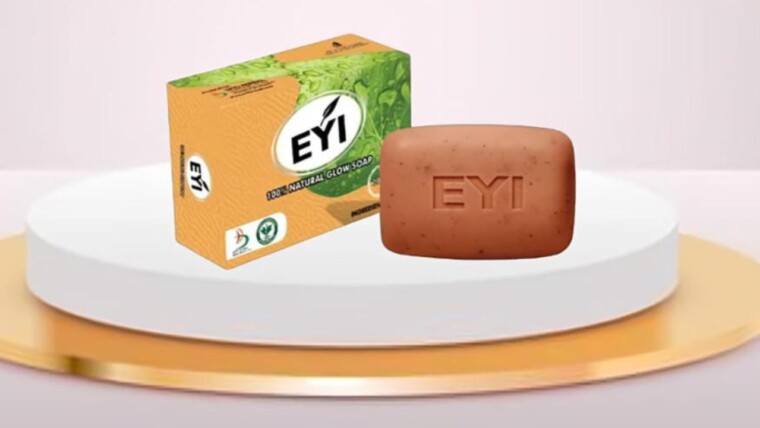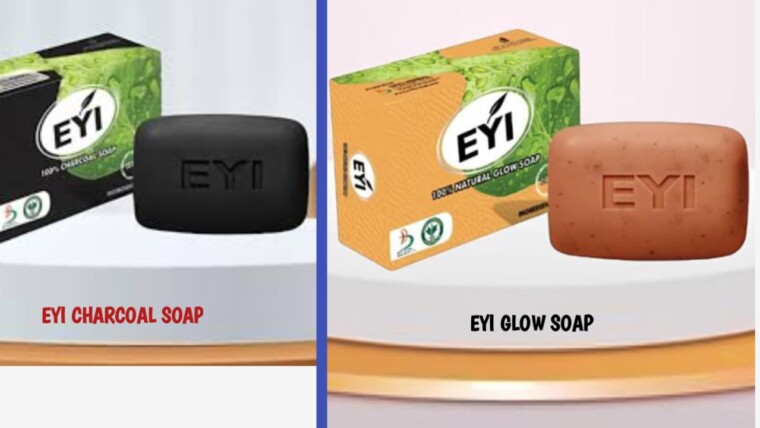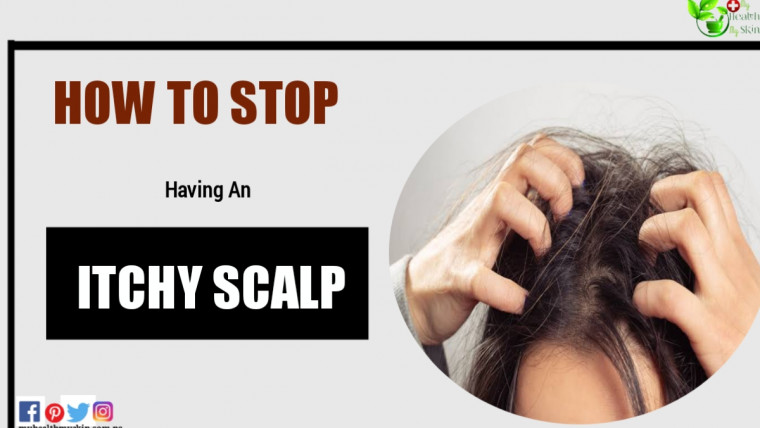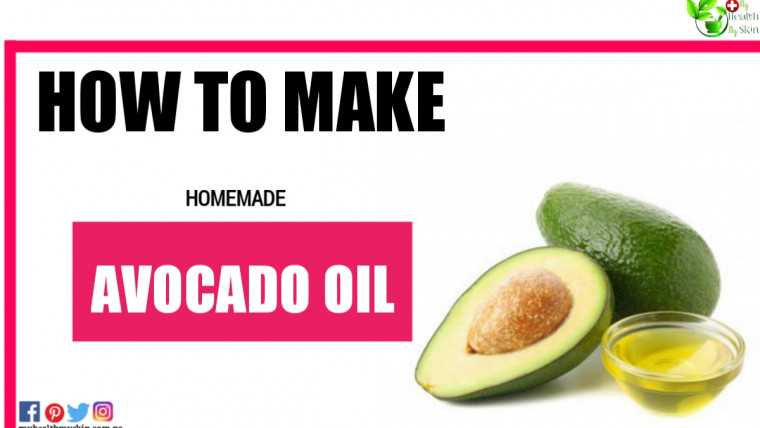Has anyone recommended sulfur soap for the skin? Know what it is for and what are the benefits of washing your face with it.
Sulfur soap is a soap recommended for treatment of acne. But does it really work? Are there risks to the skin? Can anyone use?
Well, there’s a reason sulfur is present in many skin care products. One is that sulfur is a mineral with antimicrobial properties that can be good for reducing acne.
Then check when you can use sulfur soap and what precautions you should take to avoid damaging your skin.
[lwptoc]
What Is It For
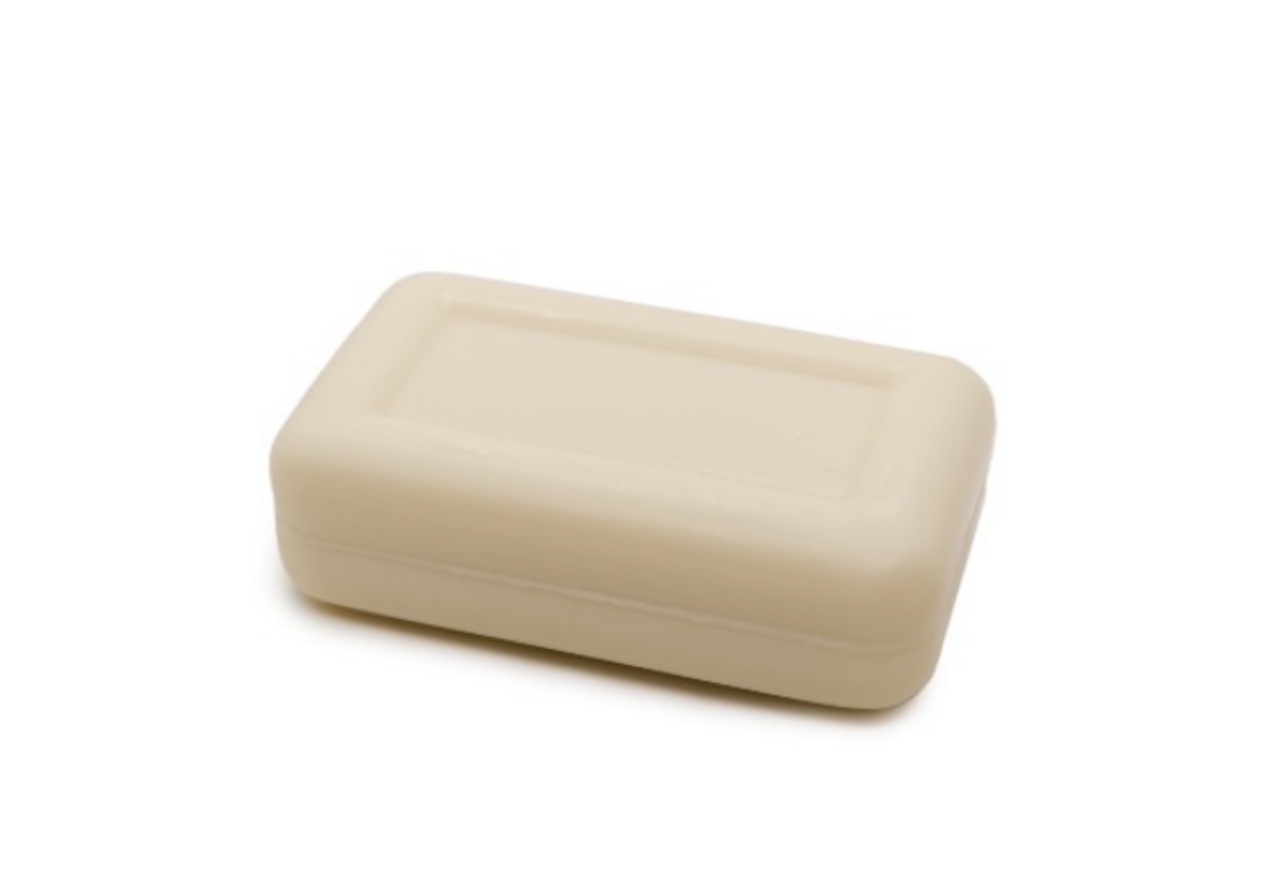
Sulfur is able to inhibit the growth of one of the bacteria responsible for acne. This is the case of Propionibacterium, for example.
In addition, sulfur helps to exfoliate the skin and remove excess oil. In fact, very oily skin can suffer from clogging pores – which also contributes to blackheads and pimples.
Therefore, sulfur soap can be used to:
- Eliminate acne causing bacteria;
- Prevent the appearance of pimples and acne;
- Cleanse the skin;
- Reduce excessive skin oils.
In fact, sulfur soap can be an ally in your skincare routine – leaving your skin cleaner and free of dead cells.
Benefits Of Sulfur Soap For The Skin
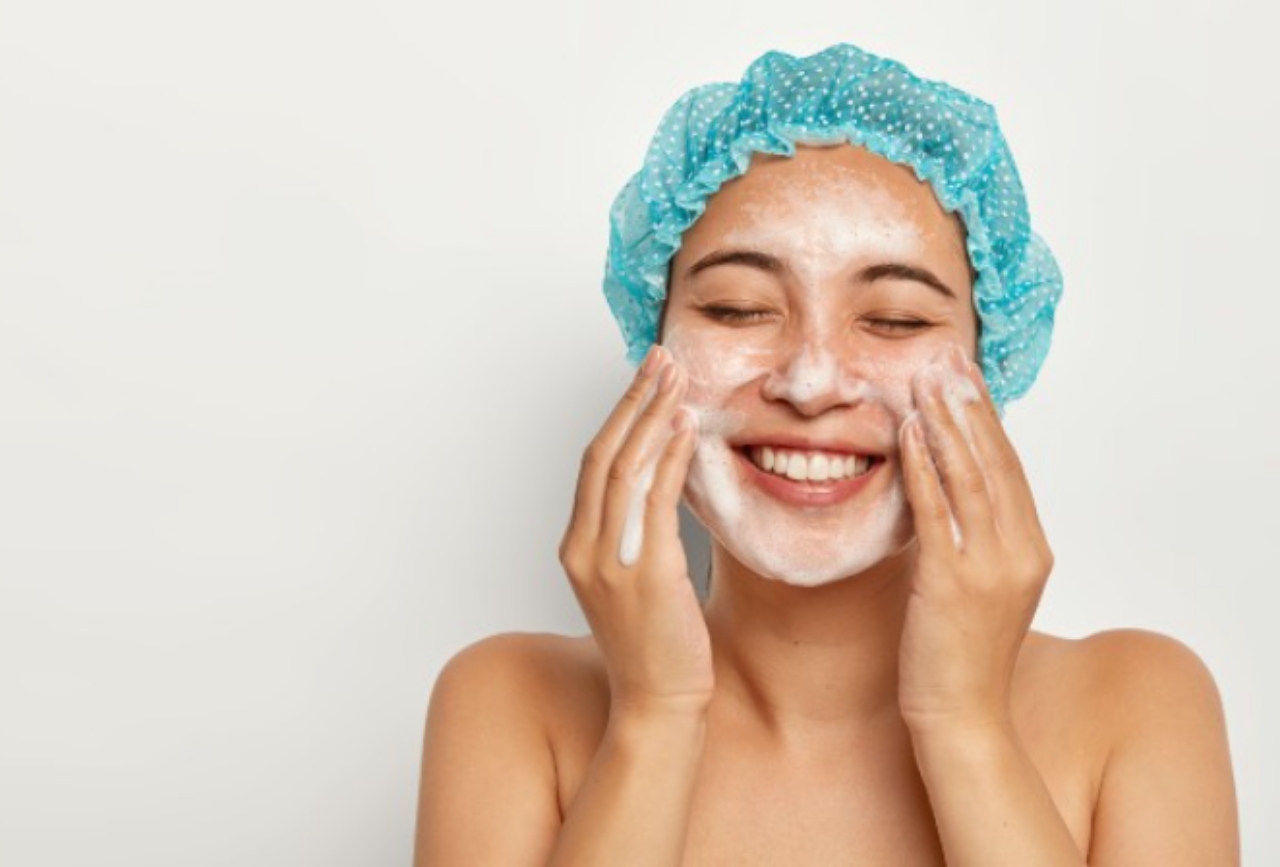
Sulfur soap can have many benefits for your skin, especially if you are prone to acne and oiliness. Some of them are:
1. Treat Acne
The number 1 benefit of washing your face with sulfur soap is acne reduction. Certainly, the antibacterial action of sulfur is important for removing bacteria from the skin.
But it’s important to consult your dermatologist to see if this is the right treatment for you – as sulfur is more effective for milder cases.
For moderate or severe cases of acne, sulfur can also be used, but usually in combination with other ingredients – such as salicylic acid, sodium sulfacetamide or benzoyl peroxide.
2. Eliminates Fungi
Sulfur also has antifungal properties. As a result, soap can be used to alleviate the symptoms of fungal diseases – such as ringworm and scabies.
Still, it is important to consult a dermatologist as you may also need antifungal medication.
3. Exfoliate The Skin
Sulfur helps to deep clean your skin. The astringent effect of sulfur soap not only removes dead skin cells, but also excess oil.
In addition to helping to reduce pimples, it also helps to make your skin cleaner.
In fact, exfoliating the skin with sulfur soap also helps prevent inflammation such as folliculitis.
4. It’s Good For Sensitive Skin
Sulfur soap is excellent for sensitive skin. In fact, sulfur is one of the mildest ingredients for treating acne.
Therefore, it is suitable for virtually all skin types. So your skin is likely to adapt easily to this product.
5. Treats Various Skin Problems
In addition to acne, sulfur soap can help treat other skin diseases, such as:
- Rosacea;
- Psoriasis;
- Seborrheic dermatitis.
This is because these diseases often cause inflammation of the skin and sulfur is a great anti-inflammatory.
How To Use
It is very simple to use sulfur soap to wash your face. But, even though it’s compatible with all skin types, it’s important to get tested before spreading the soap all over your face.
Therefore, wash a small part of your forearm with the sulfur soap and observe how your skin reacts.
If you’ve never used a sulfur soap before, it’s best to wait at least 24 hours to make sure the soap is safe.
If your skin does not show any unpleasant reactions, you can start washing your face with sulfur soap.
You can use the soap daily or a few times a week. To find out the ideal frequency of application for your skin type, it is necessary to take a good look at your skin’s reaction or consult a dermatologist.
To use the soap, it is recommended to lather with your hands, preferably using lukewarm water.
Then, lather all over your face and massage in a circular motion. Finally, rinse your face thoroughly with water and dry gently with a clean towel.
If necessary, repeat washing. Some dermatologists recommend doing this cleansing with sulfur soap when waking up and before bed, but sometimes washing twice a day leaves the skin very dry. So take the test and see how the skin on your face adapts better.
Care
Some people may experience side effects after using sulfur soap, such as:
- Skin peeling;
- Redness;
- Itch;
- Irritation;
- Dry skin.
It is normal for the skin to peel as this means the skin cells are renewing themselves.
But if the flaking is excessive or the skin becomes too dry, it is a good idea to reduce the frequency of use and consult your doctor.
Although sulfur skin care products don’t smell bad these days (in fact, they smell nice), you might not like the smell of soap.
If this is the case, ask your dermatologist if there is another option or a brand of soap with a pleasant aroma to recommend.
In addition to soap, there are other products with sulfur in the composition that may be more useful for you – such as ointments, creams and lotions. To see more post on Beauty & Skin Care click here.
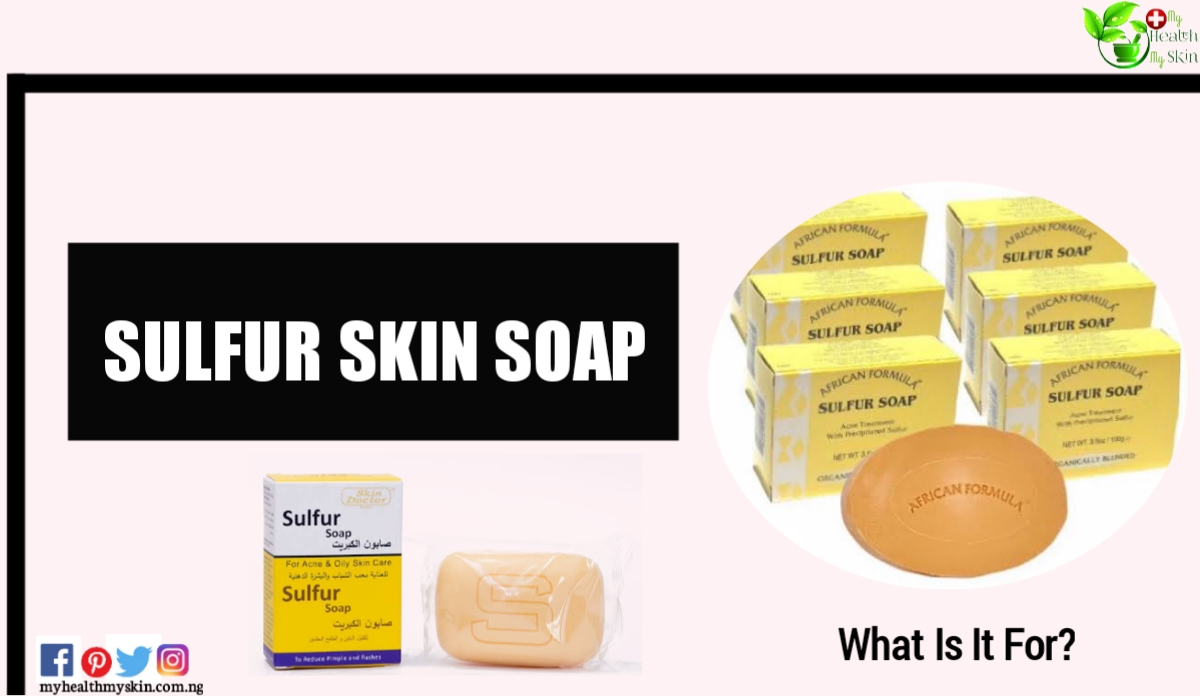
Have you ever used sulfur soap on your skin? If yes, was your experience positive? Comment here!

